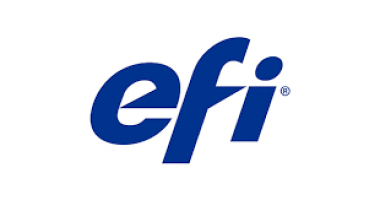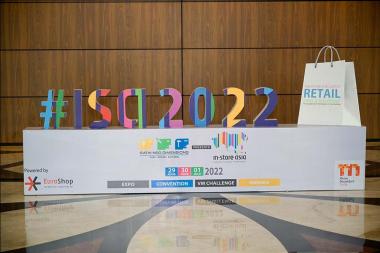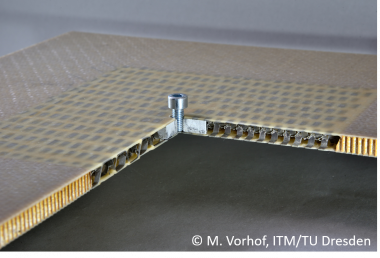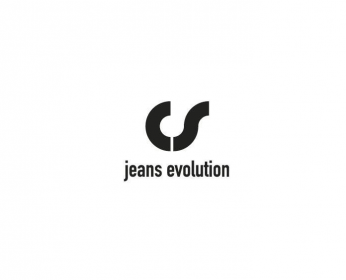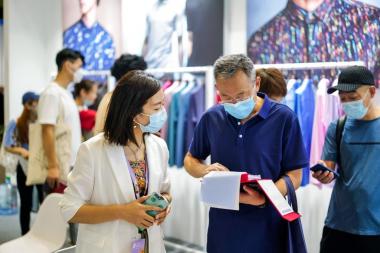EFI Reggiani showcases its innovations at ITMA 2023
At ITMA 2023, EFI™ Reggiani is presenting its sustainable Reggiani ecoTERRA pigment printing line up, the high-speed EFI Reggiani HYPER and Reggiani BOLT XS direct-to-fabric printing solutions, and EFI Inèdit end-to-end digital textile workflows.
The EFI Reggiani ecoTERRA solution is an all-in-one solution for water-based pigment printing that requires no ancillary equipment for pre- and post-treatment. By reducing water, energy and chemicals consumption in the overall process, customers can now obtain a sustainable, direct-to-fabric printing solution. For the first time at ITMA, EFI Reggiani is presenting its full ecoTERRA line up of four models, including a 340 printing width, with speeds ranging from 150 to 600 sqm/hour. This allows customers to choose the best TCO/ROI based on output volume and speed range.
Reggiani ecoTERRA water-based pigment inks deliver excellent wet and dry fastness properties, sharpness in detail, and durability while also ensuring printhead longevity with reduced maintenance costs. Thanks to the enhanced polymerisation and finishing unit, EFI Reggiani ecoTERRA also provides an enhanced tactile experience and fabric softness.
In addition to highlighting EFI Reggiani’s sustainable product offering, the company will also demonstrate the significant productivity and efficiency advantages offered by its portfolio of high-speed, high-performance digital textile printers at ITMA 2023. Attendees will discover how mass production can transition to a digital, on-demand workflow with the high speeds and high print quality of the EFI Reggiani HYPER scanning printer and the next-generation EFI Reggiani BOLT XS single-pass textile printer.
Visitors to the booth also will see EFI Reggiani’s new proprietary end-to-end digital printing workflow and the latest enhancements to EFI Inèdit digital textile software. Inèdit, now part of EFI Reggiani, is one of the leading developers of raster image processors (RIPs) and related software for digital industrial textile printing. The EFI Reggiani end-to-end workflow with Inèdit integration boosts productivity and production capabilities for digital textile print operations while ensuring maximum security for customer’s designs thanks to two-level encryption.
EFI Reggiani QUERY, the user-friendly, advanced data analysis tool to measure printer performance, keep track of real costs per metre, and monitor water and energy consumption, will also be demonstrated.
EFI


